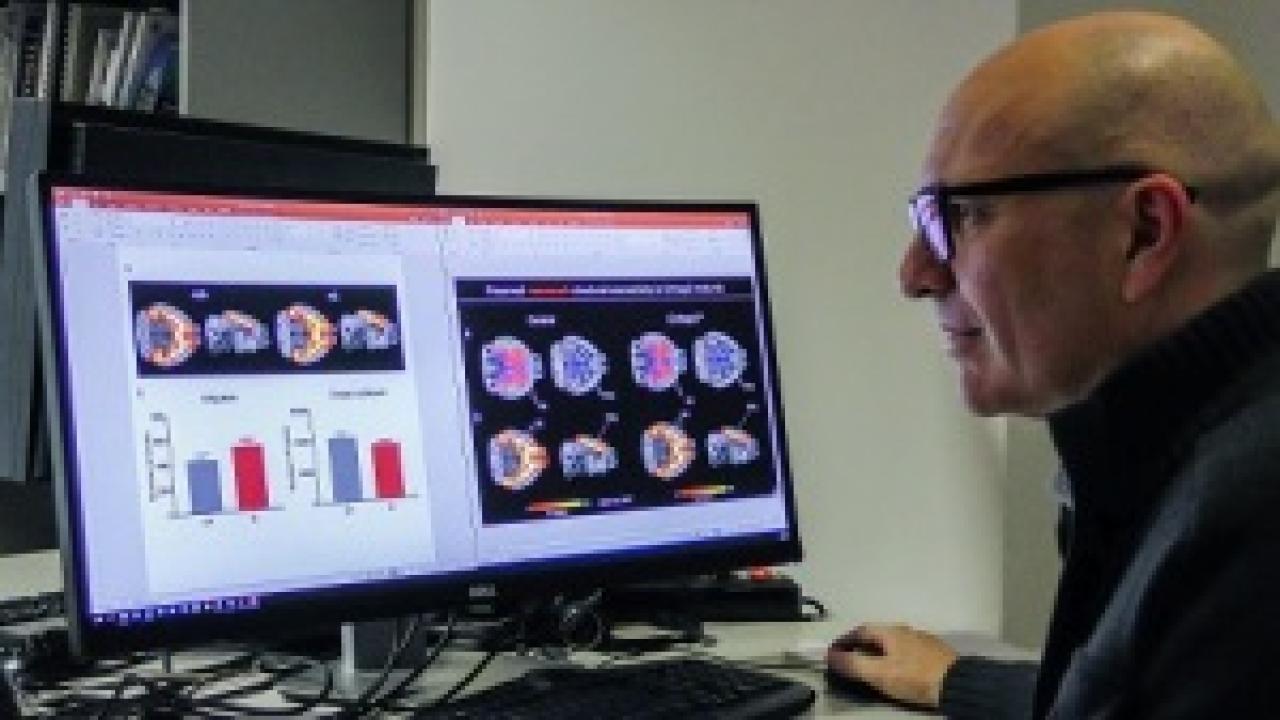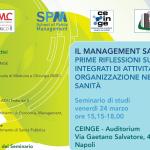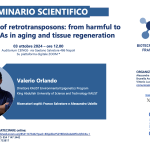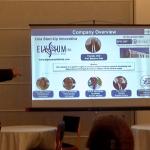
Alessandro Gozzi -Autismo
Il 4 marzo, ore 16.00, presso l’Auditorium CEINGE, Alessandro Gozzi terrà un seminario dal titolo “Mapping the connectional landscape in autism with mouse fMRI”.
Il professor Gozzi è Senior Researcher, Group Leader - Functional Neuroimaging Lab-Center for Neuroscience and Cognitive System dell’Istituto Italiano di Tecnologia, Rovereto (TN) – Italy. Ricercatore Ospite: Alessandro Usiello -CEINGE Biotecnologie Avanzate
https://www.facebook.com/events/258800195009511/
ABSTRACT
Human brain function is the result of a highly organized network of structural and functional connections linking multiple areas across the brain. Functional brain mapping using resting state fMRI (rsfMRI) has revealed prominent, yet highly heterogeneous abnormalities in interregional connectivity in individuals with autism. However, major question as to the origin and significance of this phenomenon remain unaddressed. For one, how do genetic or etiological heterogeneity associated with autism account for the observed network disruption? And what are the biological and cellular mechanisms underlying these aberrations?
Answering these complex questions requires radically new investigational paradigms that transcend current human imaging approaches. To this end, we have recently developed fMRI-based approaches for connectivity mapping in the laboratory mouse, where genetic determinants and neuronal activity can be controlled and manipulated with high precision. In this talk I will summarize some key research findings of this line of inquiry, highlighting remarkable correspondences between mouse and human fMRI network organization, enabling an unprecedented extrapolation of imaging findings cross-species. Emphasis will be given to the use of this approach to map disrupted fMRI connectivity in mouse lines harbouring autism-associated mutations, revealing the putative genetic underpinnings of the heterogeneous patterns of disconnectivity observed in clinical populations. I will also show that autism-related mutations dramatically alter brain-wide oscillatory network dynamics, and that defective synaptic pruning in early development can be related to specific patterns of functional connectivity. Our results provide a fine-grained description of the connectional landscape in autism and offer a novel framework to interpret and model functional connectivity alterations in developmental disorders.
Alessandro Gozzi





